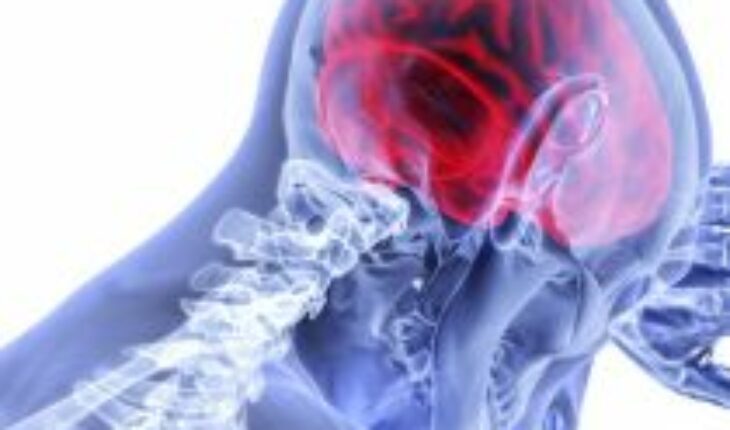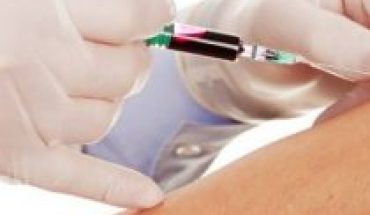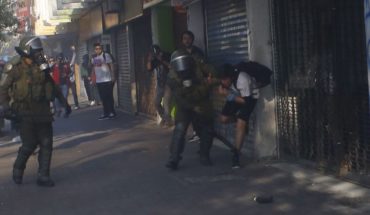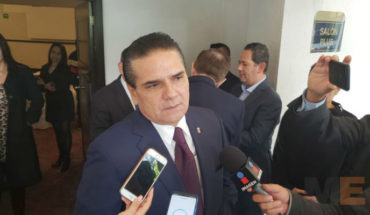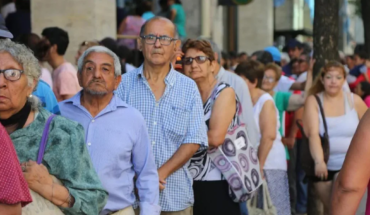Accidents or Cerebrovascular Attacks (CVA) in Chile are the second cause of death and first of acquired disability in adults, according to data from the Ministry of Health between 2019-2022. In addition, throughout their lives, one in four people in Chile will suffer this sudden loss of neurological function that is caused by the obstruction or rupture of a cerebral blood vessel.
On this October 29, a day dedicated internationally to raising awareness about this medical emergency, the president of the Chilean Association of Cerebrovascular Diseases (Aceve), Pablo Lavados, assures that the detection of symptoms and prevention are key.
“Although strokes are very frequent and have a high mortality, the good news is that 90% are preventable with a healthy diet, habitual practice of physical activity, maintaining a normal weight, not smoking, stress management and routine medical controls especially to keep blood pressure low and low cholesterol,” Raises.
However, another area to consider is the training to cope with a stroke, since reaction time is crucial when it comes to avoiding neurological damage.
“Being able to identify the symptoms of a stroke in time, means gaining valuable minutes and seconds to first, avoid the death of a person and second, reduce the sequelae produced by the death of neurons that occur during ischemia (reduced blood flow to the brain) or a cerebral hemorrhage (rupture of an artery inside the brain). In that sense, identifying, knowing how to react and inform properly without waiting for the symptoms to improve, is fundamental, “adds the specialist.
Symptoms and risk factors
Catherine Volaric, medical coordinator of Neurology at Clínica Bupa Santiago, explains that “there are mainly two types of cerebral accidents: ischemic or cerebral infarction, which is caused by the obstruction of a vessel, and hemorrhagic, which originates from its rupture”.
“If blood flow stops or is altered, the brain stops receiving nutrients and oxygen normally, so brain cells can be damaged, generating sequelae. Therefore, in the presence of signals, we must act immediately, since that time is very valuable, “adds the neurologist.
Strokes, as they are also known, are accompanied by symptoms such as loss of strength on one side of the body (which may include the face, arm and leg); language impairment (incomprehensible speech or difficulty understanding what is being said); decreased or completely lost sensation on one side of the body can also present as a sudden and extremely severe headache.
“In case of detecting any of these symptoms, it is essential that the person immediately goes to an emergency department, because there is a very short space of time to perform a treatment called cerebral thrombolysis, which consists of removing the clot lodged in the artery, which in many cases leaves the patient with an important or complete recovery of their symptoms, avoiding sequelae. According to the figures we handle, in Chile there are 140 cases per 100,000 inhabitants, so it is important that people know the warning signs,” says Dr. Volaric.
Anyone can have a stroke, but there are risk factors or behaviors that lead to it. The main ones are high blood pressure, advanced age (over 60 years), smoking, high cholesterol, diabetes mellitus and sedentary lifestyle.
Brain-protected spaces
Although today this disease is not considered as occupational in the country, the Chilean Association of Cerebrovascular Diseases (Aceve) together with the Spanish Foundation Brake on Stroke and Mutual Training, are promoting a campaign to accredit Cerebroprotected spaces in the country, that is, enclosures that have at least 25% of their workers trained to identify and react in time to stroke.
“Certifying Cerebroprotected Spaces is synonymous with life, being able to be on the friendly side of statistics, thanks to the preparation of people trained to detect and cope with a stroke in a good way. Therefore, the call is to worry and take care of ourselves voluntarily, without waiting for a law to oblige us, but rather thinking about the lives that can be saved if the companys have their collaborators trained to respond in a timely manner,” said Victor Hugo Navia of Aceve.
It should be noted that the initiative has the experience of Spain as one of its references where venues such as the Real Madrid stadium, the Teatro Real; the Senate and the Spanish Red Cross, among others, already have the seal that distinguishes them as capable of reacting to an episode like these.
Follow us on

